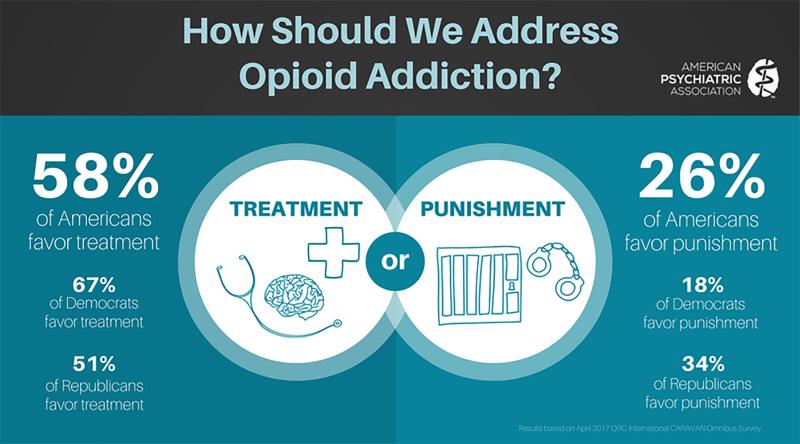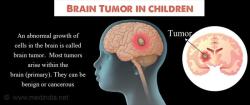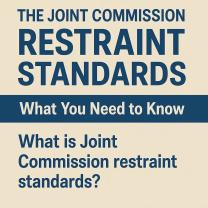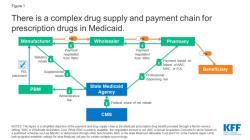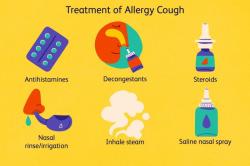How to prevent opioid dependence?
Preventing opioid dependence involves a combination of strategies at various levels, including healthcare providers, policymakers, communities, and individuals. Here are some key guidelines and strategies to help prevent opioid dependence:
Healthcare Provider Strategies:
Education and Training:
- Ensure healthcare providers are educated on proper pain management and the risks associated with opioid prescriptions.
- Provide training on identifying patients at risk for opioid dependence.
Prescribing Guidelines:
- Follow evidence-based prescribing guidelines for opioids.
- Prescribe opioids at the lowest effective dose for the shortest duration necessary.
Alternative Pain Management:
- Explore non-opioid pain management options, such as physical therapy, non-opioid medications, and complementary therapies.
Screening and Monitoring:
- Implement routine screening for substance use disorders before prescribing opioids.
- Monitor patients closely, especially those on long-term opioid therapy.
Patient Education:
- Educate patients about the risks of opioid use, signs of dependence, and proper storage and disposal of medications.
Policy and Community Strategies:
Prescription Drug Monitoring Programs (PDMPs):
- Implement and use PDMPs to track and monitor prescription patterns.
- Help identify potential cases of over-prescribing or doctor shopping.
Access to Treatment:
- Improve access to evidence-based treatment for opioid use disorder, such as medication-assisted treatment (MAT) with drugs like methadone, buprenorphine, or naltrexone.
Public Awareness Campaigns:
- Launch public awareness campaigns to educate communities about the risks of opioid use and the importance of proper medication use.
Safe Disposal Programs:
- Establish programs for the safe disposal of unused opioids to prevent them from being misused.
Individual and Patient Strategies:
Communication with Healthcare Providers:
- Discuss pain management options and potential risks with healthcare providers.
- Inform providers about any personal or family history of substance use disorder.
Medication Adherence:
- Take medications only as prescribed and follow up with healthcare providers regularly.
Safe Storage:
- Store medications securely to prevent unauthorized access.
Disposal of Unused Medications:
- Dispose of unused medications properly, following community guidelines or participating in drug take-back programs.
Awareness and Self-Advocacy:
- Stay informed about the medications prescribed and be aware of potential side effects.
- Advocate for oneself if there are concerns about opioid prescriptions.
General Strategies:
Multidisciplinary Approach:
- Collaborate with a multidisciplinary team, including healthcare providers, mental health professionals, and community organizations.
Research and Innovation:
- Invest in research to identify alternative pain management strategies and non-addictive pain medications.
Stigma Reduction:
- Work to reduce the stigma associated with seeking help for substance use disorders, encouraging individuals to seek treatment without fear of judgment.
Preventing opioid dependence requires a comprehensive and multifaceted approach involving healthcare systems, communities, policymakers, and individuals. The goal is to strike a balance between managing pain effectively and minimizing the risks of opioid dependence and misuse.
Opioid dependence is a complex issue with no single solution, but there are several prevention strategies that can be employed on individual and community levels:
1. Individual Level:
- Reduce exposure to opioids: This includes avoiding unnecessary prescriptions, using alternatives for pain management when possible, and storing and disposing of unused medications safely.
- Develop healthy coping mechanisms: Learn stress management techniques, build support networks, and engage in healthy activities to address emotional challenges without relying on opioids.
- Seek help: If struggling with opioid use, don't hesitate to seek professional help from addiction specialists or support groups.
2. Community-Based and Public Health Strategies:
- Prescription guidelines: Implement stricter prescribing guidelines for opioids, focusing on shorter durations and lower dosages.
- Naloxone distribution: Train and equip community members with naloxone, a medication that can reverse opioid overdoes, saving lives.
- Harm reduction programs: Provide syringe exchange programs and safe injection sites to prevent the spread of infectious diseases among people who use opioids.
- Education and awareness campaigns: Educate the public about the risks of opioid use, destigmatize addiction, and promote help-seeking behavior.
- Address social determinants: Tackle factors like poverty, lack of opportunity, and trauma that contribute to substance abuse.
3. Role of Education:
- Educate healthcare professionals: Train doctors, nurses, and pharmacists on safe opioid prescribing practices and alternative pain management methods.
- Educate youth: Implement evidence-based drug prevention programs in schools and communities to educate young people about the risks of opioids and other substances.
- Educate the public: Raise awareness about addiction as a medical condition, promote understanding and empathy, and challenge negative stereotypes.
By combining individual efforts with community-based strategies and comprehensive education, we can create a safer and healthier environment that reduces the risk of opioid dependence and helps those struggling with addiction access the support they need.
It's important to remember that:
- There is no "one size fits all" solution to preventing opioid dependence.
- A multi-pronged approach is needed, addressing individual, community, and societal factors.
- Stigma surrounding addiction can be a barrier to seeking help. Creating supportive and understanding environments is crucial.
- Access to treatment and support services is essential for those struggling with addiction.
If you or someone you know is struggling with opioid dependence, please reach out for help. There are many resources available, and you don't have to go through this alone.
